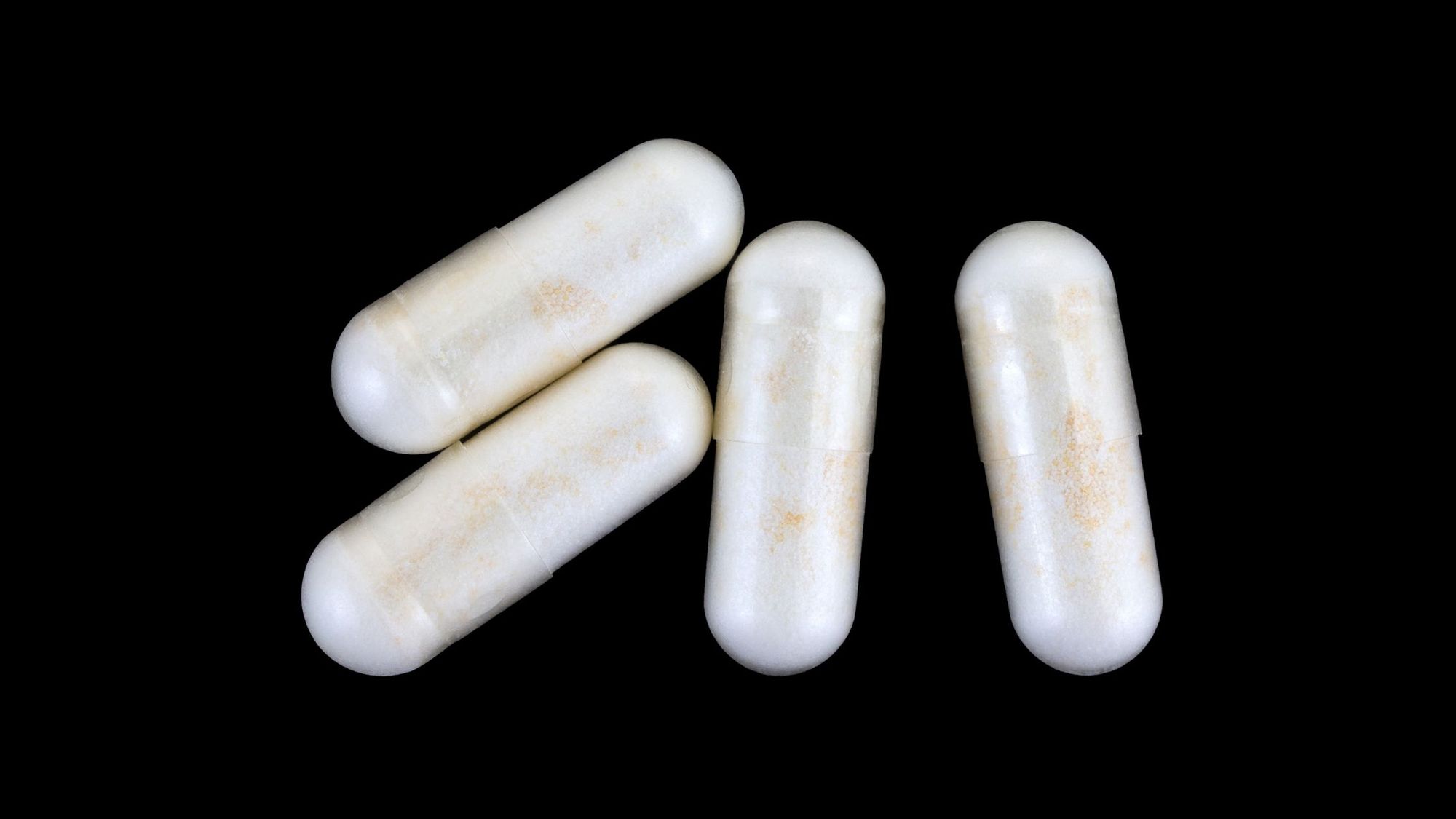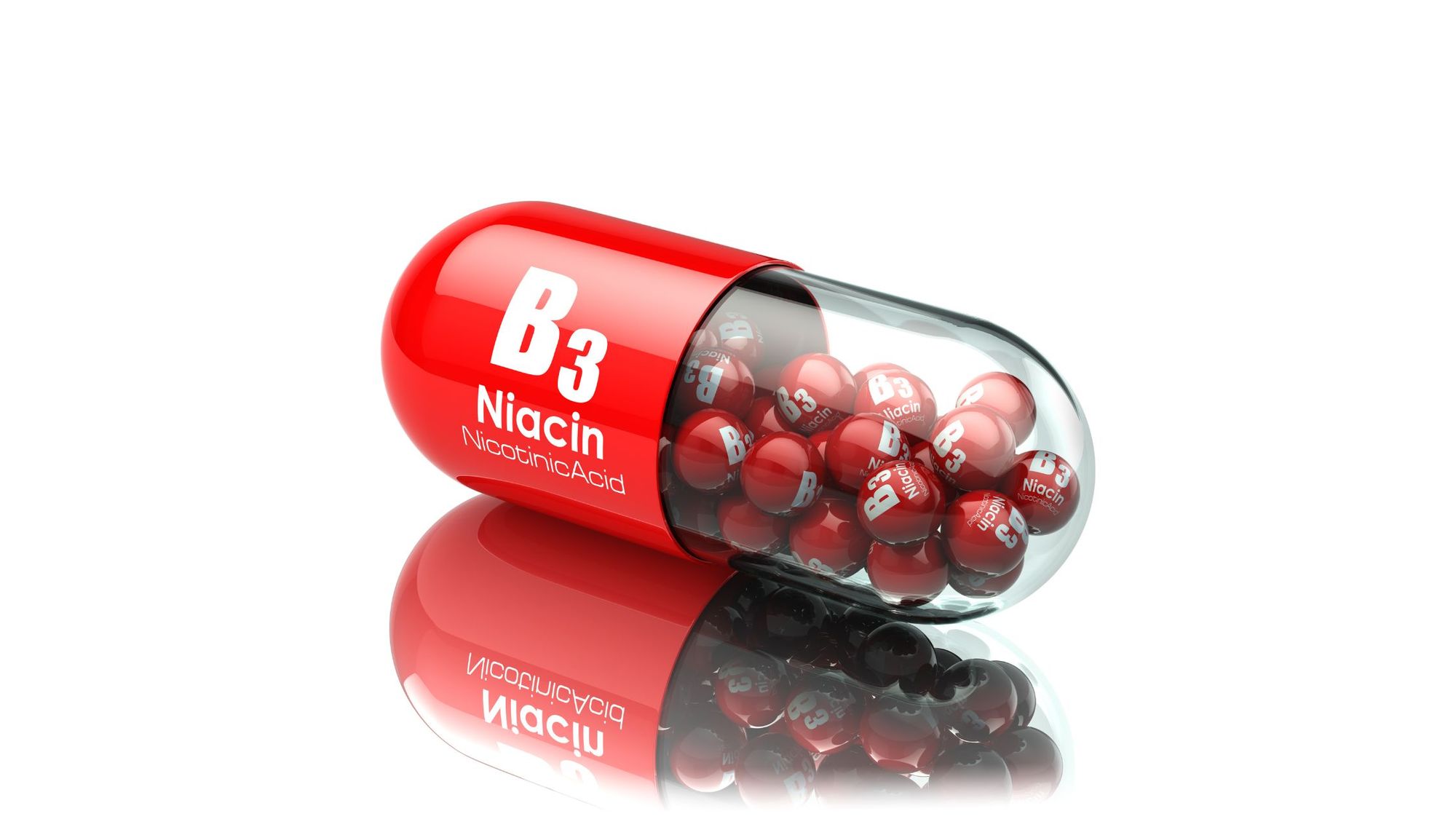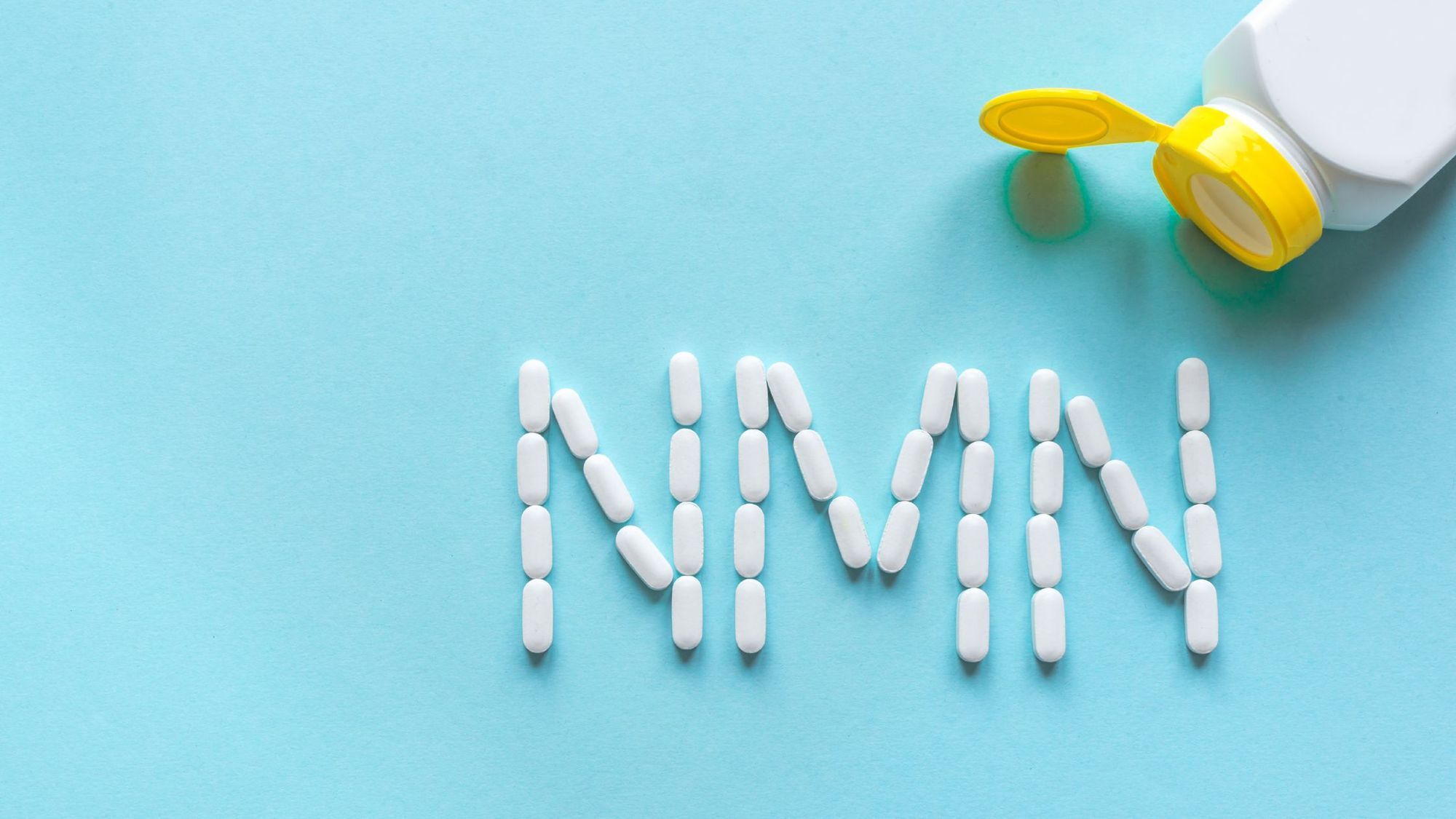
A recent study has claimed to prove that nicotinamide riboside (NR) supplements can increase your risk of cancer and help tumors spread throughout the body. Understandably, this has caused some alarm in the anti-aging field because of its potential longevity-promoting benefits. But is it really true, or are NR and other vitamin B3 derivatives, such as NMN, actually protective against cancer?
What Really Happened in the New Nicotinamide Riboside Research Paper?
In this new paper, researchers tested nicotinamide riboside’s effects on cancer by injecting mice with triple-negative breast cancer cells. Mice were more likely to develop tumors, and more likely to have them spread to the brain. It appears that nicotinamide riboside’s ability to boost cellular energy allowed cancer cells to grow, because it is an intermediate step between vitamin B3 and the NAD+ that contributes to energy generation.
The unnatural method of tumor development isn’t the first red flag. Triple Negative Breast Cancer (TNBC) is notoriously hard to treat and more likely to spread to the brain than other breast cancer types. In fact, women with TNBC had an almost four times higher rate of secondary brain tumors in one study.
On the other hand, another mouse study demonstrated benefits of nicotinamide riboside as a complementary cancer therapy. The vitamin B3 derivative prevented muscle loss and unhealthy loss of fat tissue, which are debilitating and potentially dangerous effects of cancer. It’s important to point out that this was a model of colon cancer, a different disease from TNBC.

How Nicotinamide Riboside and Other Vitamin B3 Derivatives May Prevent Cancer
Despite the new, overhyped paper, nicotinamide riboside and other forms of vitamin B3 may even help prevent cancer.
An Australian clinical trial tested nicotinamide, a non-flushing form of vitamin B3, on 386 volunteers who had a recent history of non-melanoma skin cancers. Just taking 500mg of nicotinamide twice daily led to a 23% lower risk of skin cancer, including a 30% lower chance of squamous cell cancer. This type is more likely to spread than basal cell cancers, which had a 20% lower rate with nicotinamide supplements.
It was the very same “risky” ability of nicotinamide riboside – enhancing energy production – that protected volunteers against skin cancer. More available energy means more DNA repair, preventing cells from mutating. It also means that your immune system has an easier time hunting down cancer cells before they can get out of hand.
Additionally, a clinical study on nicotinamide riboside found that supplementation with high doses reduced inflammation in older volunteers. Chronic inflammation increases cancer risk by helping harmful cells obtain a blood supply, grow, and spread. Worse still, it may disrupt the immune system’s ability to find and destroy the cells in time.

Could Nicotinamide Riboside and NMN Help Treat Cancer?
The roles that nicotinamide riboside and NMN play in cellular energy production could assist modern cancer treatments. Instead of waging all-out war on the body, new approaches support the immune system’s natural ability to fight cancer, including cell therapies.
CAR-T cell therapies “teach” T-cells to fight by adding genes that code for antigen receptors against proteins that are prevalent on cancer cells. This is similar to how a T-cell would naturally learn, except that researchers choose the target antigens. As established cancers can prevent the immune system from doing its thing, CAR-T therapy is kind of like unlocking a cheat code. Non-modified cell treatments are also in development, such as TILs (tumor-infiltrating lymphocytes).
While CAR-T cell therapy can be highly effective, and it doesn’t have the same debilitating effects as months of chemo, there are still a few problems to solve. One is that cancers can return after an initial remission because of T cell exhaustion. Thankfully, a pre-review study suggests that NMN may prevent CAR-T cells from being exhausted. After 28 days, CAR-T cells given NMN were twice as effective at killing leukemia cells and hadn’t started to die off. Their telomeres were longer, meaning they had aged less and were still able to divide. More research is needed, but NMN and other vitamin B3 derivatives look promising for CAR-T cells and possibly TILs.
Why Do People Take Nicotinamide Riboside?
Nicotinamide riboside has taken the antiaging world by storm in recent years because of its role in cellular energy production. Energy levels decline with age, which not only affects how you feel and your athletic performance, but also your body’s ability to maintain and repair itself. This contributes to slower recovery after exercise and fewer gains from physical activity. What’s more, you may notice everyday issues such as sunburn or even mild hangovers taking longer to resolve than they did when you were younger.
Research on nicotinamide riboside is still in its early stages, but appears promising. When taken at the right dose, you may see increased muscle mass, a higher metabolic rate, and a greater capacity to produce energy during exercise. These results mean nicotinamide riboside could help you lose unwanted weight or reach your fitness goals.
Nicotinamide riboside’s energy-boosting benefits may extend to some age-related conditions, including Parkinson’s disease. A study published in early 2022 found signs of better energy production capacity and less inflammation. The volunteers who showed these benefits even enjoyed some improvement in their symptoms. As a result, there is hope that nicotinamide riboside could even help prevent chronic diseases linked to aging.
Does My CircleDNA Test Tell Me If Nicotinamide Riboside Is Safe?
TNBC has stronger links to genetic mutations than other types of breast cancer. It’s more likely than others to develop in women with the infamous BRCA mutations, for example. Around 70% of breast cancer in women with BRCA1 mutations, and 16-23% in women with BRAC2 mutations, belong to the TNBC category. TNBC is also more likely to appear in pre-menopausal women. Links between breast cancer and environmental toxins are being explored, too, including air pollution and endocrine disruptors found in plastics, conventional cosmetics, and other products.
A CircleDNA Premium DNA test analyzes 140 genes with potential links to cancer development, including 15 genes for breast cancer and 16 for brain cancer. You can find air pollution sensitivity and detoxification ability results in other sections, and use them as a guide. If no risky mutations were detected, you can rest easy if you’re still worried about nicotinamide riboside or another supplement contributing to cancer risk.
When Your Vitamin B3 Requirements Are Higher
Other genetic variations can even increase your need for vitamin B3 and energy-producing derivatives, such as nicotinamide riboside. If you are prone to lower endurance or less-efficient oxygen use, you may notice benefits from taking vitamin B3 and other nutrients essential for energy production.
You may also have variations linked to joint hypermobility, which are involved in collagen production. Less connective tissue integrity can mean your muscles contract more to provide extra joint stability. As this uses up energy, your vitamin B3 requirements could be higher than average. My own DNA test, for example, points out a mild hypermobility condition that likely explains why I need to take a B complex powder for energy.
Can We Take Anything From The New Nicotinamide Riboside Study?
Nicotinamide riboside and other vitamin B3 forms seem to have more benefits than drawbacks. From enhancing energy production to preventing inflammation and even reducing cancer risk, they’re rising stars in the anti-aging world for a good reason.
If anything, the new, overhyped research paper may suggest that it is off-limits if you’re at risk for TNBC. As this type of cancer has stronger links to gene mutations, you can use your CircleDNA test results as a better guideline.
References:
- A bioluminescent-based probe for in vivo non-invasive monitoring of nicotinamide riboside uptake reveals a link between metastasis and NAD+ metabolism https://www.sciencedirect.com/science/article/abs/pii/S0956566322008661?via%3Dihub
- Development of new brain metastases in triple negative breast cancer https://www.ncbi.nlm.nih.gov/pmc/articles/PMC8273280/
- Nicotinamide Riboside Vitamin B3 Mitigated C26 Adenocarcinoma–Induced Cancer Cachexia https://www.ncbi.nlm.nih.gov/pmc/articles/PMC8273280/
- Nicotinamide Riboside Augments the Aged Human Skeletal Muscle NAD+ Metabolome and Induces Transcriptomic and Anti-inflammatory Signatures – PMC
- Nicotinamide riboside supplementation alters body composition and skeletal muscle acetylcarnitine concentrations in healthy obese humans https://academic.oup.com/ajcn/article/112/2/413/5823793?login=false
- Environmental exposures during windows of susceptibility for breast cancer: a framework for prevention research






